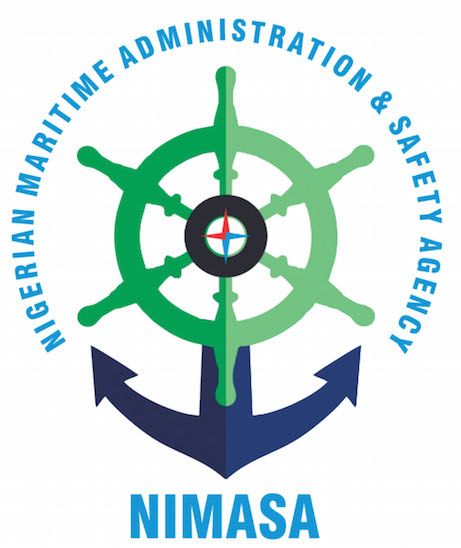The Nigerian Maritime Administration and Safety Agency (NIMASA) has accredited 27 shipyards for operations across the country in line with its statutory mandate to regulate and enforce standards in shipbuilding and repair facilities.
According to a statement by the agency’s Deputy Director and Head of Public Relations, Osagie Edward, on Sunday, the accreditation exercise was conducted pursuant to Section 22 of the NIMASA Act, 2007, and Sections 335–339 of the Merchant Shipping Act, 2007, which empower the agency to regulate, license, inspect, and ensure compliance with safety and operational standards.
Out of the 27 accredited shipyards, 10 are located in Lagos State, eight in Rivers State, and nine in Delta State. Edward noted that the listed facilities were the only ones that met NIMASA’s rigorous regulatory and safety requirements.
The Director General of NIMASA, Dr. Dayo Mobereola, said the accreditation was part of the agency’s efforts to strengthen safety, transparency, and operational efficiency in Nigeria’s maritime sector.
“Our goal is to ensure that every shipyard operating in Nigeria adheres to international standards of safety, environmental protection, and operational efficiency,” Mobereola said. “By maintaining a credible register of accredited facilities, we are boosting investor confidence, protecting maritime assets, and promoting sustainable growth in the industry.”
He added that vessels constructed at these accredited shipyards would be assigned a Keel Identification Number (KIN) by NIMASA’s Maritime Safety and Seafarers Standards Department, in line with the “Certificate of Plan and Specification Approval.” The KIN, he noted, would enable such vessels to obtain an International Maritime Organization (IMO) number.
Mobereola further explained that the accreditation and verification process is a continuous one, aimed at ensuring operational excellence and aligning local practices with global standards.
“By maintaining an updated and transparent registry of accredited facilities, NIMASA seeks to enhance industry confidence, protect investments, and uphold best practices in ship repair, dry-docking, and vessel construction,” he said.















